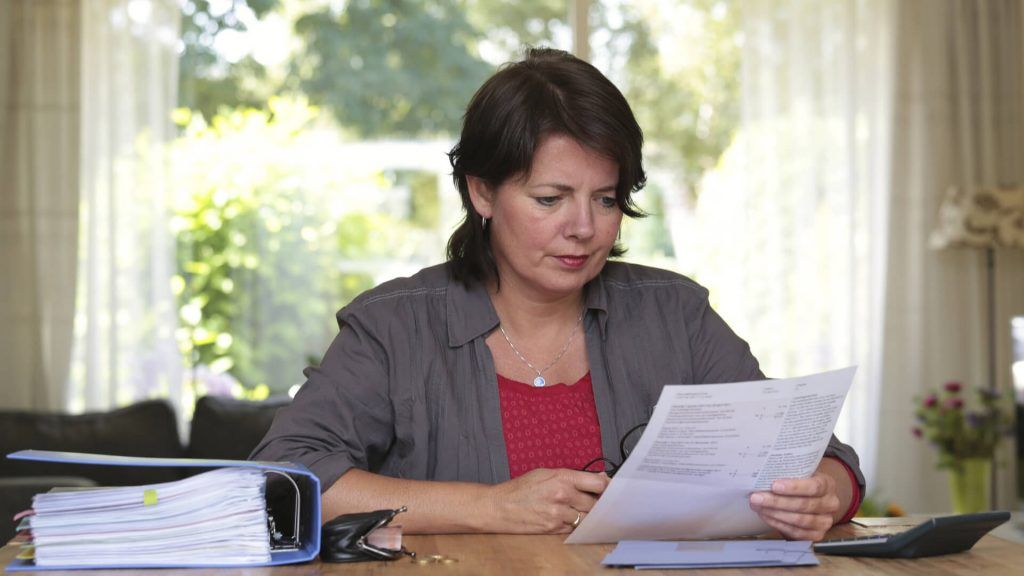Making the decision to deal with your debts is something that’s hard enough in itself. When you then have to choose how you’re going to deal with those debts, it can become even harder.
This can often then become confusing, and as such it’s best weigh up your options. One potential solution that’s out there, for those struggling with debt in England, Wales and Northern Ireland, is an Individual Voluntary Arrangement (IVA).
This is a legally binding agreement between you and the companies/people you owe money to. It allows you to pay back your debts over five years with just one affordable monthly payment. All interest and charges are frozen on your debts during this time and you cannot be chased by them for payment.
To help you decide if this is the solution for you, we’ve outlined all the pros and cons below:
Why choose Creditfix?
IVA Pros
Interest and charges are frozen
One of the most difficult parts of owing money to someone is the interest rates as they can sometimes almost double the amount you need to pay back. Well, with an IVA all interest and charges on your debts are frozen from the minute it’s approved.
This means that you don’t have to worry about your balances going up, which in turn means that paying back your debts a whole lot easier and cheaper.
It’s affordable
Another advantage of entering into an IVA is that your payments are based on what you can afford. This is worked out by looking at your income, going through all your necessary outgoings and making the difference between the two your payment amount.
This means that should your situation change at any point in your arrangement, your payments can be adjusted to suit.
Legal protection
Once your IVA is approved, all the companies or people you have included are bound to it. This means that they are no longer able to take any legal action against you or contact you to make any payments outside your arrangement.
Should anyone object to your IVA at your meeting of creditors, this will be negotiated by your Insolvency Practitioner. As long as the debt you hold with them doesn’t make up a majority portion of your overall debt level, they can be overruled – meaning they are bound regardless.
Your assets are protected
Since those you owe money to are bound to your IVA once approved, this means that any assets you own are also protected. Things such as your home and your car are considered when setting up your IVA and you will never be asked to sell them.
However, homeowners may be asked to release equity from their home towards the end of their arrangement.
Debt is written off
Whilst an IVA cannot write all your entire debt level, a percentage of it will be. Once you have made all your payments successfully, any remaining balances will be written off.
You then won’t owe anything to the companies/people that were included. This allows you to go forward with a fresh start and begin to rebuild your credit score.
"Professional staff - they were understanding and non-judgmental. Fantastic, quick service too. Would recommend to anyone!" Michael, SunderlandHow we helped Michael
IVA Cons
Negative impact on your credit score
Unlike other debt solutions, your IVA will be recorded on a register that can be viewed by the public. This will flag to lenders and the credit reference agencies that you have struggled to pay back money owed.
A marker will also be noted on your credit report to show that you are insolvent. This will then have a negative impact on your credit score. Having a poor credit score will mean that getting any further credit will be difficult, and in case where you do get approved, you may be subject to higher interest rates.
Some debts cannot be included
There are some debts that you cannot put into an IVA, including:
- Student loans
- Child support/maintenance
- Court fines
- Social fund loans
You will be expected to continue to pay these throughout your arrangement. This will be accounted for in your essential outgoings to allow you to do this.
Equity extension possibility
If you are a homeowner, you may be asked to attempt to release any available equity from your home towards the end of your IVA. This is generally done through a request to remortgage your house.
If you are unable to do this, then your case could be extended for 12 months.
Windfalls are put into the arrangement
If you become entitled to any form of windfall such as inheritance, bonus or settlement above £500, this will be brought into your IVA. This will be paid out to your creditors to help you pay back more of your overall debt level.
Depending on the amount, this can sometimes be enough for your arrangement to be completed early. In other cases, this can also be enough to clear your debts in full with funds leftover – which will be returned to you.
It could fail
Should you not manage to keep up with payments, then your IVA could fail, and your Insolvency Practitioner could make the decision to terminate it. If this were to happen, then you would be responsible for paying back your debts in full.
The companies/people included would then be able to contact you again and take legal action for you to pay the balances. Interest and charges may also be added back on to your debts, making the balances higher.
To discuss your options and get the support you need to deal with your debt today, contact us now on 0800 0431 431 or click the button to get startedWhere can I get more advice on What are the pros and cons of an IVA? and other debt solutions?






